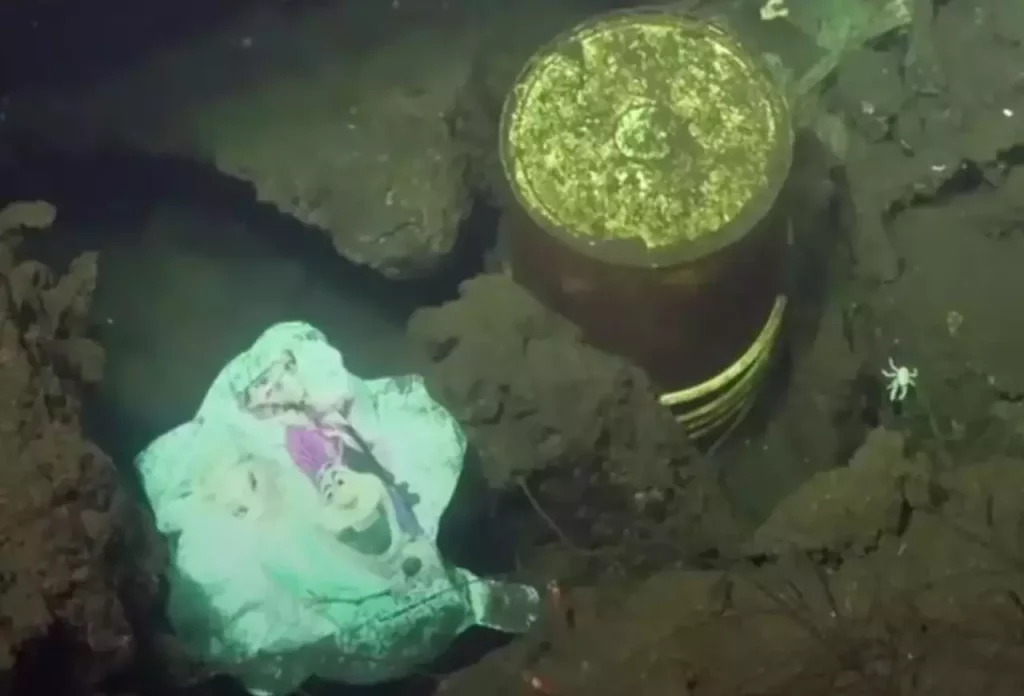he Mariana Trench, once seen as an untouched abyss, reveals a disturbing truth: even the deepest ocean points are not safe from human pollution. A plastic bag discovered there serves as a poignant warning about our careless plastic habits. Despite its desolate appearance, the trench is full of life, including coral and octopus. Sadly, plastic interacts with 17% of marine life in the trench, from entanglement to ingestion.
Plastic pollution is a global crisis, especially single-use plastics like the bag found in the trench. A shocking 89% of plastic there is single-use. Most oceanic plastic comes from land, with 20% from direct dumping and the rest from rivers. Fishing gear also contributes significantly to garbage patches like the Great Pacific Garbage Patch.

Plastics break down into microplastics, spreading chemical pollutants throughout the ocean. The Mariana Trench’s remote location doesn’t absolve humanity; it’s a stark reminder of our impact. Urgent action is needed to combat plastic pollution, including promoting reusable alternatives and stricter regulations.
Let the plastic bag in the Mariana Trench be a warning—a call to preserve our oceans before it’s too late.





